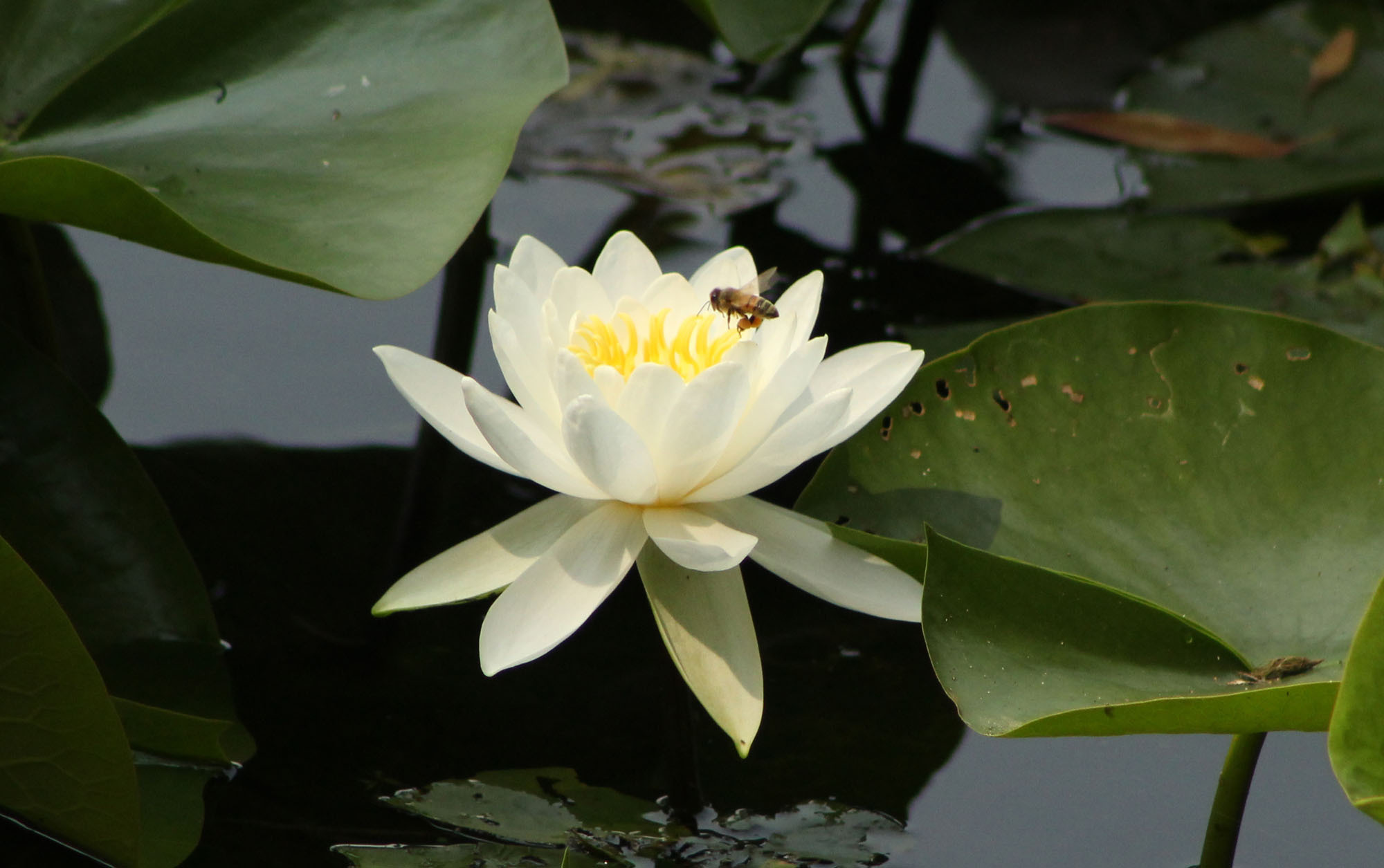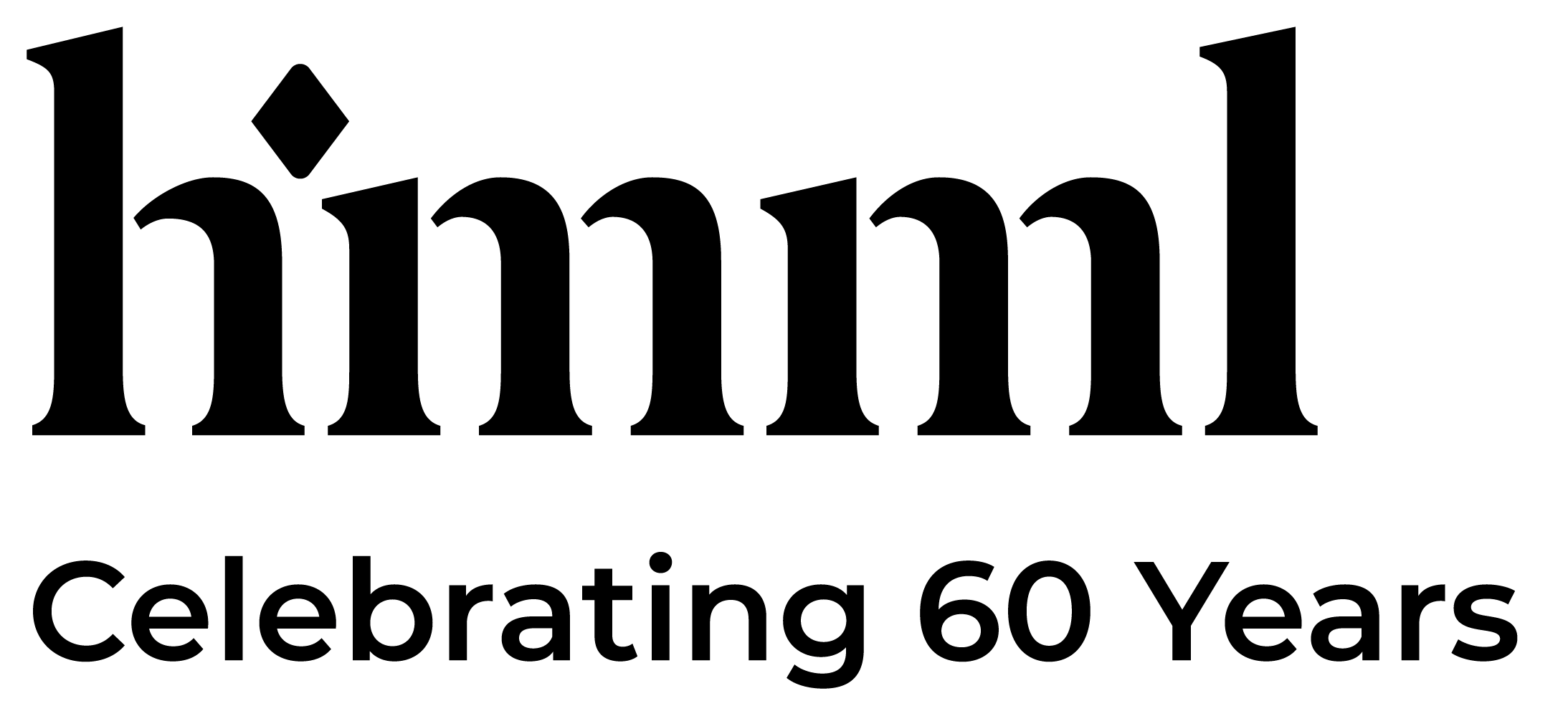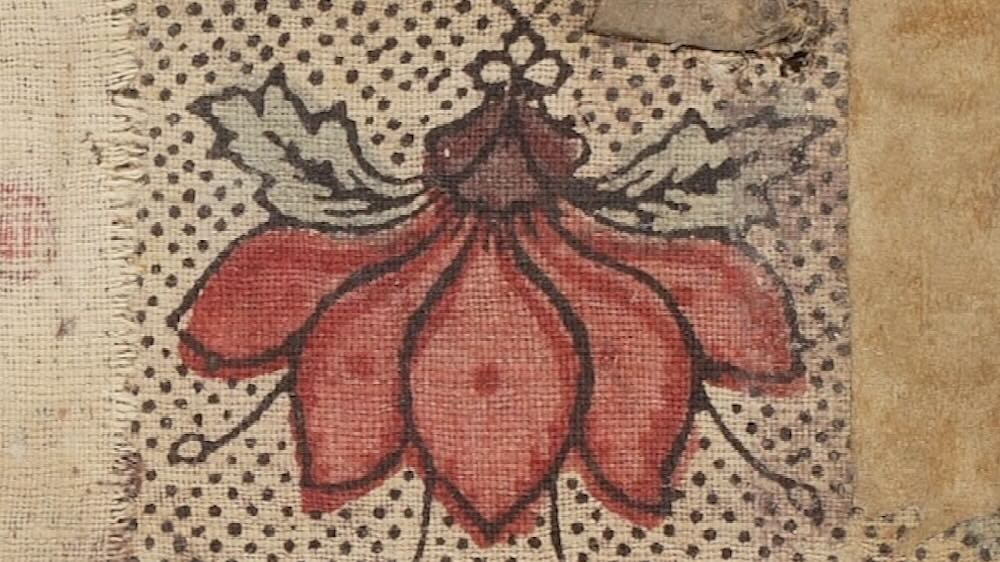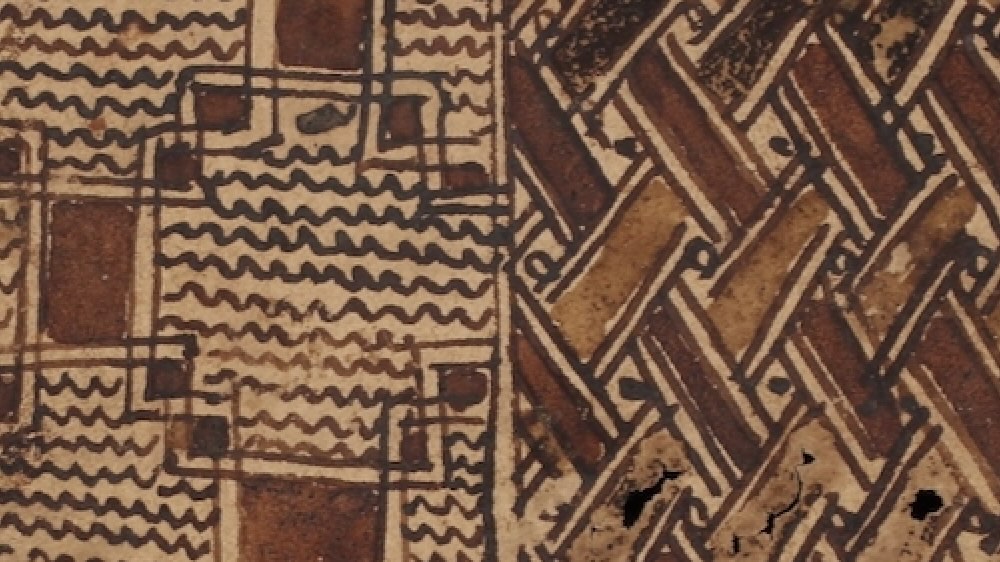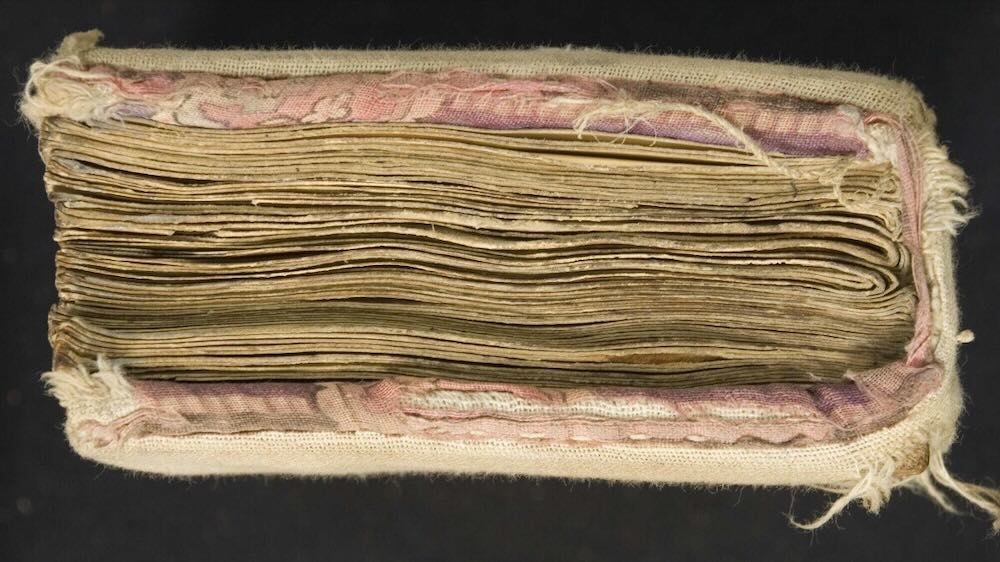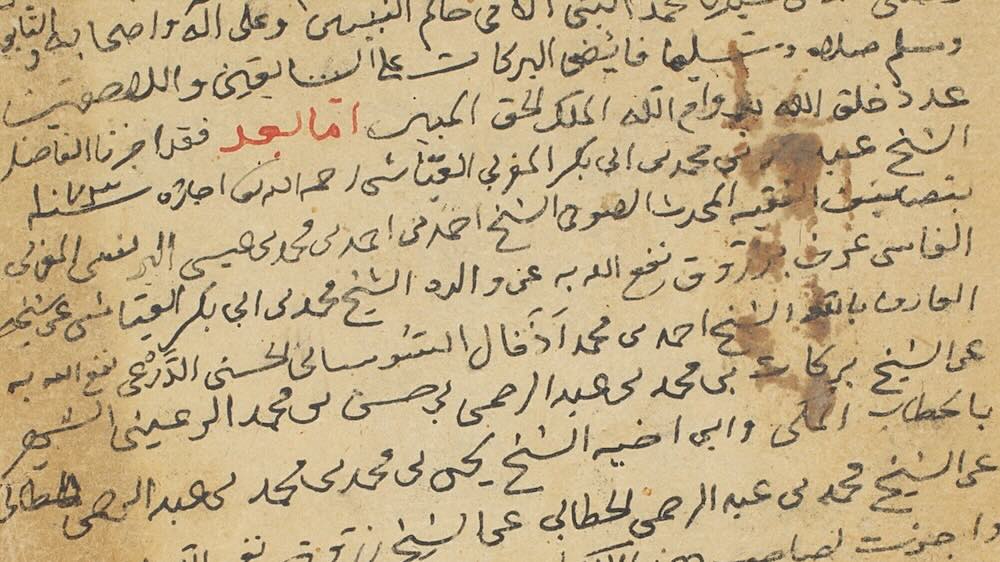Meet Dr. Matthew Z. Heintzelman
Meet Dr. Matthew Z. Heintzelman
Dr. Matthew Z. Heintzelman, curator of Western European manuscripts & Special Collections, began his work at HMML in 2001. He received a BA in Modern Languages from the University of Notre Dame, South Bend, Indiana; a MA and PhD in Germanic Studies from the University of Chicago; and a MLIS from the University of Iowa, Iowa City. Dr. Heintzelman has curated many HMML exhibitions and is the go-to expert for guidance on HMML’s history, on-site Special Collections, and the more than 50,000 Western European manuscripts microfilmed by HMML.
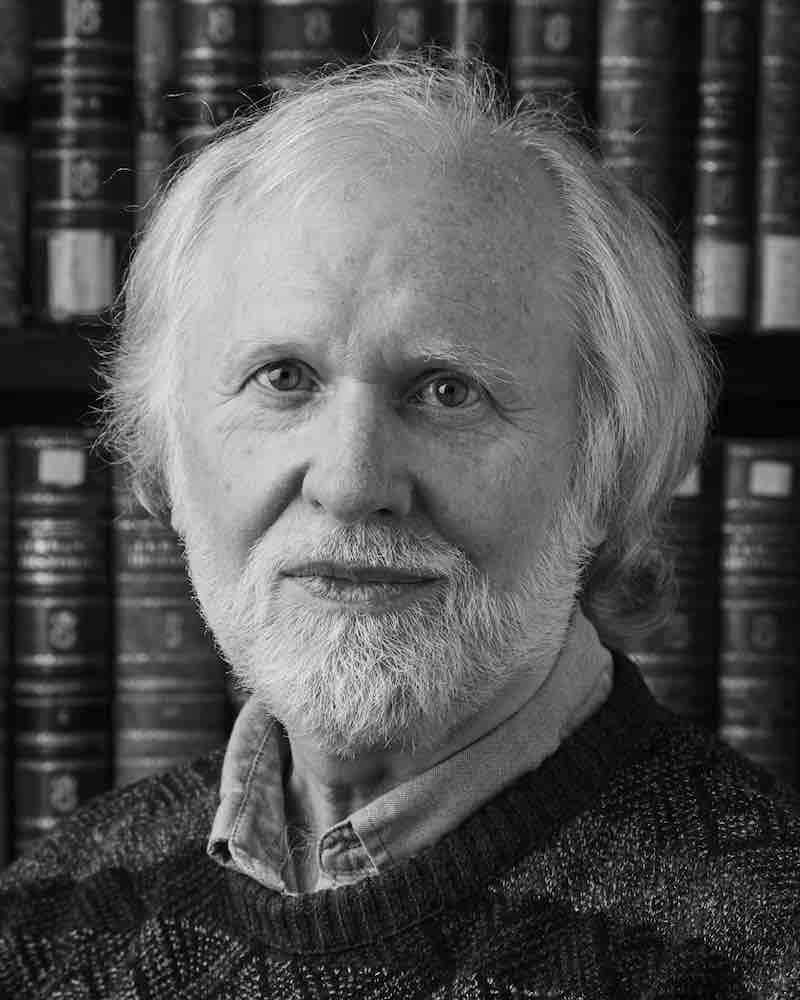
What experiences led you to your work with HMML?
My path to HMML took place over more than 20 years. It started with my decision to major in German language and literature at the University of Notre Dame.
Those who major in languages usually face the same barrage of questions every time they mention it: What do you do with a language major? Teach? Translate? Are there other options? Several people recommended going into international business and using the language to find work overseas. Sadly, I had no head whatsoever for business and profit-making. So, I went straight into graduate school at the University of Chicago in 1979 to continue my studies in German. After a while, I decided that I was most interested in studying late medieval German, even more practical than modern German, I’m sure.
In the mid- and late 1980s, I worked in a translation company, where I met my wife, who worked in the Spanish department of the same company. This ultimately led to my return to graduate school and a job in the University of Chicago library, where I stayed for eight years (1990–1998) in four different positions, each with more responsibility (and higher pay) than the previous one. The last of these positions was as supervisor for the rare books office in the department of Special Collections. I left this position when my wife was called as a pastor by a Lutheran church in the greater Des Moines, Iowa, area. I moved on to my next position as stay-at-home dad with our son (and as graduate student finishing a dissertation).
When I was about to complete my PhD in 2000, I submitted an application to the library school at the University of Iowa (earning a MLIS in 2005). However, I had barely begun the program as a full-time student when a fellow student approached me with a job posting. His comment was something like: “I don't qualify for this job, but it sure sounds like you.” The position called for someone who was 1) fluent in German, 2) in Medieval Studies, 3) experienced with rare books and manuscripts, and 4) interested in working in a library.
So, I applied, was interviewed, and found myself at HMML on July 23, 2001.
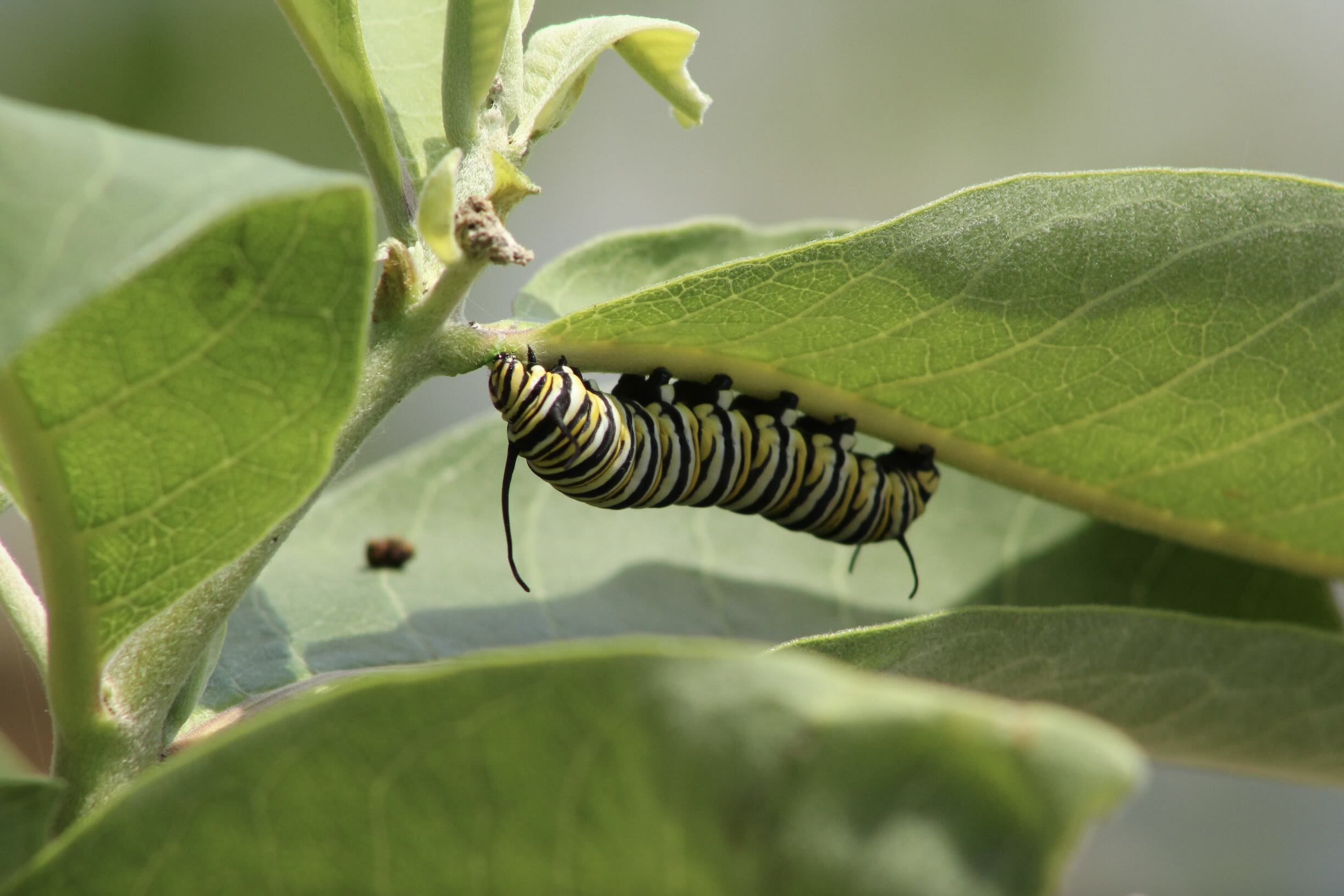
What excites you about your work?
Even though I am extremely introverted, I find the opportunity to share our work with the public to be one of the most exciting things I do—whether it is with a class from CSB/SJU, or church group, or a visiting scholar, or someone who just happens to have crossed my path. Humanity’s handwritten tradition bears witness to the diversity of human experience and opens our eyes to other ways of thinking and living. Discussing HMML’s preservation work with others also helps open our own eyes to our shared humanity.
What or who are you inspired by?
I never cease to be amazed by my predecessors at HMML—e.g., Oliver Kapsner, Getatchew Haile, Julian Plante, and the hundreds of field staff members, local library staff, and student workers who were at HMML from 1965 to 2001.
Getatchew Haile is a special hero to me, as he was still coming to the office for the first few years I was at HMML. I can think of no one who better embodied the spirit of cultural preservation and manuscript scholarship. That he, himself, had to endure a difficult path to HMML, I felt all the more impressed by his gentle manner and kindness to others.
What advice would you give to someone who is considering learning another language?
The opportunities to learn another language are greater today than ever before. The internet has brought new ways to see, hear, and learn other languages. Sadly, it also brings options that make learning languages seem “unnecessary.” Learning a language other than your home language helps to build bridges across cultural, religious, and historical divides. It also provides the opportunity to be exposed directly to viewpoints that come out of other cultural contexts. I strongly recommend learning a second or third language, especially if you wish to think critically and if you are working with information on a truly “World-wide Web.”
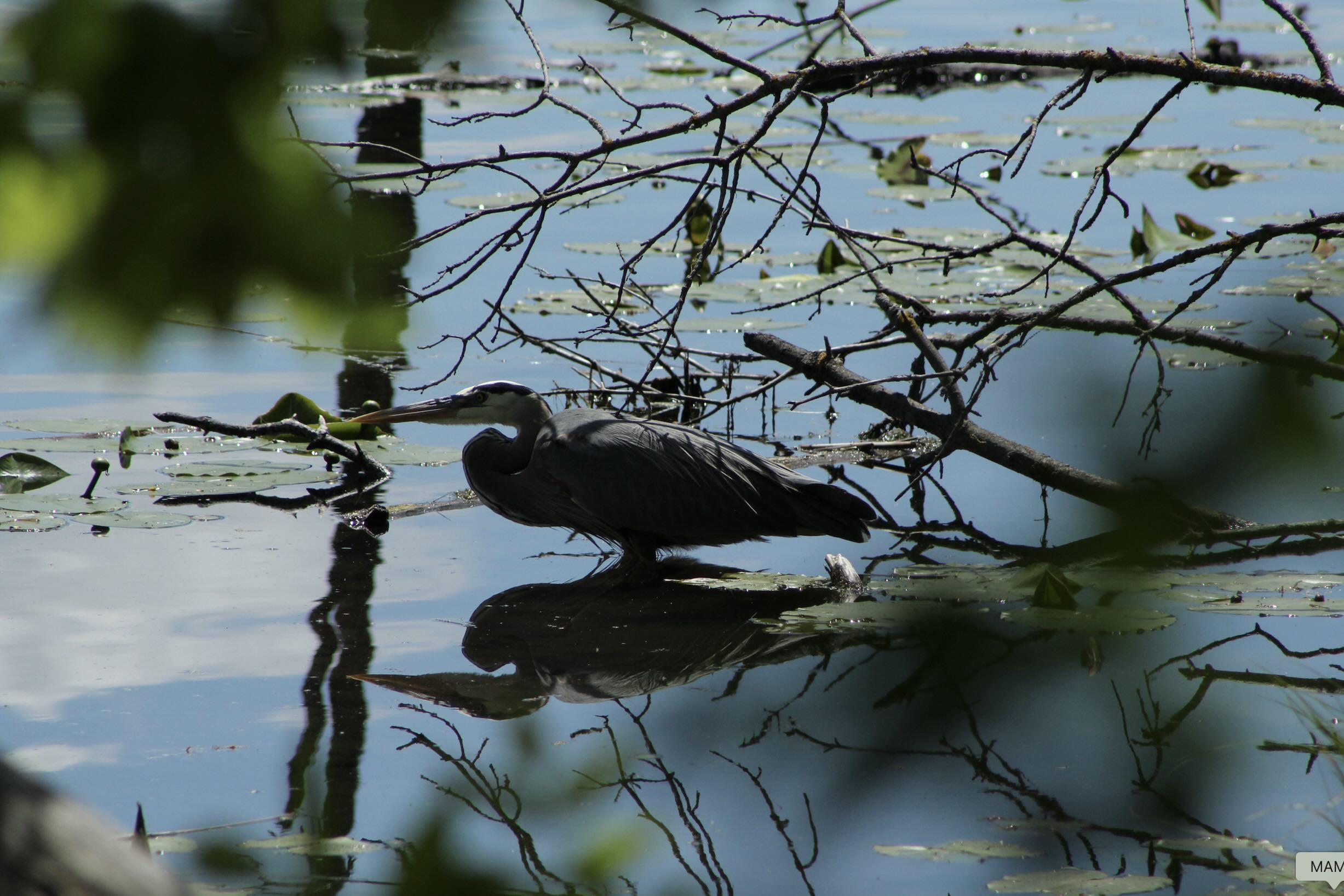
What do you like to do in your free time outside of HMML?
I am an avid bicyclist (i.e., touring without burning fossil fuels) and go for frequent walks in the woods and along the lake shore at HMML’s campus location in Central Minnesota. During these excursions on wheels or foot, I also take many photographs of the little things in nature (bugs, birds, blooms) that impress me with their sophisticated beauty in a miniature form.
When not out on my bicycle or walking in the woods, I love to listen to all manner of music: classical, rock, folk-rock, folk, blues, Latino, world music, renaissance, medieval, jazz, Broadway musicals, a teeny bit of country, etc., etc.
Anyone up for a little light Mahler?
